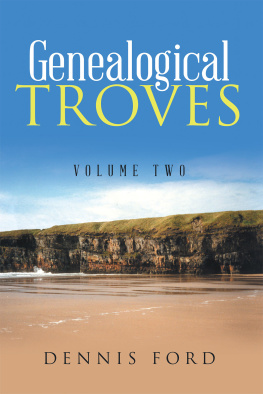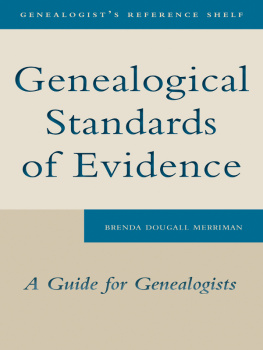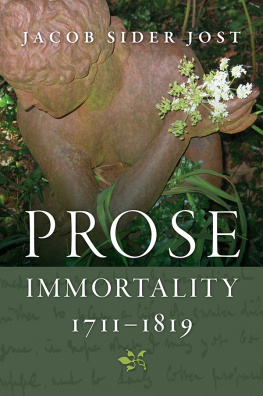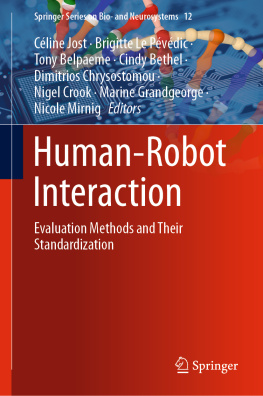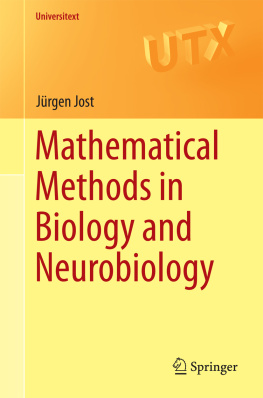Genealogical Knowledge in the Making
Cultures and Practices of Knowledge in History / Wissenskulturen und ihre Praktiken
Edited by / Herausgegeben von
Markus Friedrich, Vera Keller, Christine von Oertzen
Volume / Band 1
ISBN 978-3-11-058995-5
e-ISBN (PDF) 978-3-11-059351-8
e-ISBN (EPUB) 978-3-11-059074-6
ISSN 2568-9479
Library of Congress Control Number: 2019931212
Bibliographic information published by the Deutsche Nationalbibliothek
The Deutsche Nationalbibliothek lists this publication in the Deutsche Nationalbibliografie; detailed bibliographic data are available on the Internet at http://dnb.dnb.de.
2019 Walter de Gruyter GmbH, Berlin/Boston
Cover image: Draft for a genealogical table of the counts of Auersperg, Germanisches Nationalmuseum Nrnberg Historisches Archiv, Familie Imhoff, VII, Bd. 6, Familie Aursperg [Auersberg].
www.degruyter.com
Editorial
Cultures and Practices of Knowledge in History
The editors of Cultures and Practices of Knowledge in History are delighted to see the first volume of this new series in print. The series aims to investigate the procedures of producing knowledge, and emphasizes the social, political, and cultural contexts of knowledge practices. Cultures and Practices of Knowledge in History gravitates around three main questions: How was knowledge produced by different people at different times and in different places? How was knowledge stored, managed, classified, organized, deployed, forgotten, and recycled? Finally, how did such practices affect what counted as knowledge? Rather than regarding knowledge as static or disembodied, the series seeks to highlight its dynamic character. Knowledge exists only in the form of being constantly re-worked.
While the series focus is primarily on the long early modern period in Europe, we welcome work on global cultures of knowledge and their European encounters. The series privileges the investigation of practices that is, habitualized and often only semi-explicit protocols of dealing with knowledge. This includes (but is not limited to) questions of infrastructure, economics, social and political frameworks, and the everyday. We encourage work that explores the relationships between the practices and the content of knowledge. Knowledge is employed here in a broad sense: our series is interested in knowledge of many different kinds, whether academic, pragmatic, domestic, or bureaucratic. By cultures of knowledge, we mean sets of practices that are historically specific, spatially grounded, and attached to particular social contexts and functional purposes. We invite studies that critically address the varying ways in which knowledge can be postulated and re-packaged, whether as data, information, tacit knowledge, theory, or wisdom.
Acknowledgements
This book goes back to a conference held at the Herzog August Bibliothek, Wolfenbttel, in April 2017 on The Production of genealogical knowledge in pre-modern times. We gratefully acknowledge support from the Deutsche Forschungsgemeinschaft and the Herzog August Bibliothek. Many of the papers presented at Wolfenbttel were expanded into essays and are contained in this volume, while a few additional pieces have been commissioned. Cosima Schwarke did most of the copy-editing, while Peter Pritchard polished the English of the many non-native authors.
| Volker Bauer | Jost Eickmeyer | Markus Friedrich |
Markus Friedrich
Genealogy and the History of Knowledge
This book starts from the assumption that an entire dimension is largely missing in contemporary scholarship on early modern genealogy. Scholarly literature largely concerns itself with two related questions: Which social and political functions did family histories and genealogies have? And how was the genealogical past presented to fulfill these functions in the most successful way? Historians have mostly been interested in the form, role, and social relevance of stories of family origin, they have studied genealogies as a means for making social claims, and they have investigated the narrative and graphical forms of presenting them. A majority of scholarly engagement with genealogy started by looking at the finished genealogical narratives, and used them to address questions pertaining to social and media history as well as to family identities. Yet the majority of work on pre-modern genealogy never asks how genealogical knowledge actually took shape, but focuses on how it was put to what use. As the papers introduced here demonstrate, this oversight is serious since the research dimension of genealogy, the process by which stemmata and family histories came into existence, was particularly troublesome. How was one to produce a convincing family history? And what did a convincing version of dynastic history look like? No ready-made answers existed that would have allowed genealogists of the past to answer these questions, nor should we assume that everyone who produced or commissioned a genealogy would have had a go-to answer.
Asking these questions means approaching genealogies as bodies of knowledge. Hence, this volume also calls for a better integration of genealogy into the burgeoning history of knowledge. Relevant scholarship for the last two decades Like every other body of knowledge, genealogy ought to be tied to these approaches.
Doing so promises to help historians refashion the (historical) study of genealogies: For one, this helps overcome the overtly simplistic, positivist questions regarding truth and falsehood in genealogical reconstructions. In particular, it will allow scholars to historicize the language of mythical or fable genealogies, which is still commonly used, by finally appreciating the extent to which these were (and remain) highly polemical categories. In the early modern period, genealogists championing one particular mode of genealogical knowledge-production created and employed this kind of terminology to discredit alternative standards of genealogical truth. Rather than buying into (implicit) assumptions about a steady progress of genealogical knowledge-making towards a more factual outlook, our approach highlights that different concepts of what counted as proper genealogical knowledge existed, often clashed or tenuously co-existed throughout history.
In this volume, the authors discussion focuses on a specific form of genealogical knowledge-production, which could be termed source-based genealogy. All papers, explicitly or implicitly, share the assumption that the epistemic framework of genealogical knowledge-production has slowly changed since the later Middle Ages. At least two major and closely related shifts occurred. Increasingly, genealogical claims had to be based on new forms of evidence (archival documentation, material sources), while the criteria for interpreting such evidence gradually became more and more dependent upon the methods of historical scholarship (which also underwent significant development during the time under consideration). The papers of Ben Guy and Andreas Rehberg remind us that alternatives to source-based genealogy continued to exist and still held social value, yet new standards of genealogical truth increasingly dominated the practice and discourse in the field. The essays by Claire Gantet and Leonardo Broillet on the Swiss bourgeoisie and peasantry and by Tobias Winnerling on the Dutch scholarly context demonstrate that these developments were not limited to the most prominent cases within the nobility, but certainly affected genealogical practice at large.





